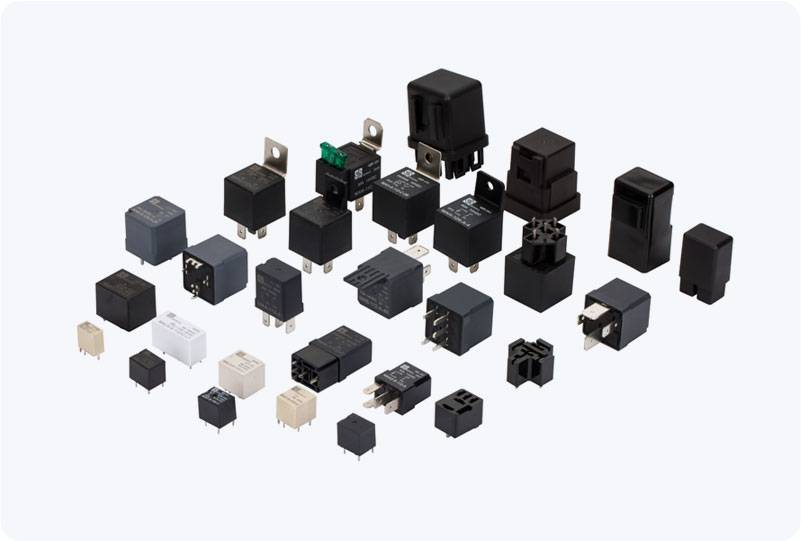understanding the importance of motor overload relay in industrial applications
Release time:2025-05-04 10:37:51
A Motor Overload Relay is a crucial safety device used to protect electric motors from damage due to overheating or overcurrent conditions. These relays are integral components in industrial and commercial settings where motors play a vital role in driving machinery and equipment. The primary purpose of a motor overload relay is to ensure that motors operate within safe parameters, preventing catastrophic failures and extending their lifespan. This article explores the function, types, installation, and benefits of motor overload relays, highlighting their importance in maintaining operational efficiency and safeguarding motor-driven systems.

What is a Motor Overload Relay?
A motor overload relay is an electrical protective device that monitors the motor's current and temperature to prevent excessive energy from damaging the motor. Motors can experience overcurrent conditions when they are subjected to mechanical or electrical stress, which can lead to overheating. Overheated motors may result in winding damage, insulation failure, or even complete motor burn-out. The overload relay detects when the current exceeds preset limits or when the motor reaches unsafe operating temperatures, triggering a response that disconnects the motor from the power supply. This action prevents further damage and allows the motor to cool down before restarting.


